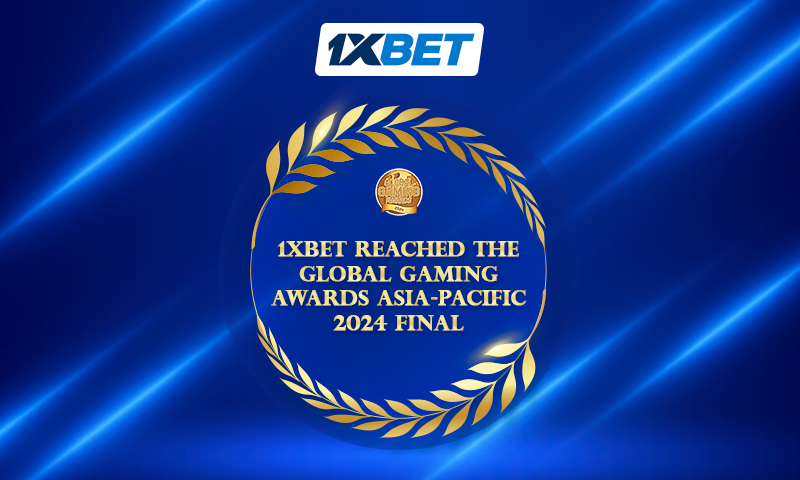The Role of Blockchain in Casino Game Transparency 11

The Role of Blockchain in Casino Game Transparency
In recent years, the casino and gambling industry has witnessed a technological revolution, with blockchain emerging as a prominent player. This decentralized and secure technology promises to address long-standing issues related to trust and transparency. As more players engage in online gaming, particularly in The Role of Blockchain in Casino Game Transparency online poker rooms, understanding the role of blockchain in casino game transparency becomes increasingly crucial. The ramifications of this technology extend far beyond basic operational improvements; they touch on the very essence of fairness and the integrity of game mechanics.
Understanding Blockchain Technology
Blockchain is a distributed ledger technology that allows data to be stored across a network of computers. This decentralized nature ensures that no single entity has control over the entire system, making it nearly impossible to alter or cheat the recorded data. Each block in a blockchain contains a list of transactions, cryptographic hashes, and a timestamp, creating a secure chain of information that is accessible to all participants in the network.
The Necessity of Transparency in Casinos
Transparency in gaming is essential for a healthy gambling environment. Casinos rely heavily on players’ trust to thrive, and any doubts about the fairness of games can severely impact a casino’s reputation. Traditional online casinos often employ Random Number Generators (RNGs) to ensure fairness, but players have little way to verify these claims independently. This gap in trust between players and casinos can lead to disputes, reduced player engagement, and financial loss.
How Blockchain Enhances Transparency
Blockchain technology can significantly improve transparency in various aspects of casino gaming. Here are several ways in which it does so:
1. Provably Fair Gaming
Many blockchain casinos employ a provably fair system, allowing players to verify the fairness of each game outcome. When a player initiates a game, a unique cryptographic hash is generated, which is then used to determine the outcome. After the game, players can use the hash to confirm that the outcome was not manipulated, creating a transparent and trustless environment.
2. Transaction Transparency
All transactions on the blockchain are recorded and publicly available, providing complete transparency regarding deposits, withdrawals, and payouts. Players can confirm that the amounts they wagered are accurately recorded and that winnings are processed correctly. This traceability discourages fraudulent activities and ensures that players can trust the integrity of the casino’s financial operations.
3. Smart Contracts

Smart contracts are self-executing contracts with the terms of the agreement directly written into code. In the context of online casinos, these contracts can automate and enforce game rules, ensuring that payouts are executed instantly and without human intervention. This reduces the potential for disputes and enhances the overall user experience.
4. Decentralized Ownership
Some blockchain casinos offer decentralized ownership structures, allowing players to hold equity in the platform. This model incentivizes players to engage in fair play, as the success of the casino directly impacts their investment. Moreover, it fosters a sense of community and accountability among players and operators alike.
Challenges in Implementing Blockchain
Despite its numerous advantages, there are challenges related to implementing blockchain technology in casinos:
1. Regulatory Uncertainty
The gambling industry is heavily regulated, and blockchain technology’s decentralized nature can clash with traditional regulatory frameworks. In many jurisdictions, regulators are still coming to terms with how to govern blockchain operations, leading to uncertainty for both operators and players.
2. User Experience
Many players may not be familiar with blockchain technology or how it works. The integration of blockchain into casinos often requires educating players about digital wallets, cryptocurrencies, and transaction processes. Poor user interface design can deter players from engaging with blockchain casinos.
3. Security Concerns
While blockchain itself is secure, vulnerabilities can arise in wallet storage, private keys, and third-party interactions. If players or casinos do not follow best practices for security, the risk of hacking or theft can undermine the technological advantages provided by blockchain.
Conclusion
Blockchain technology holds immense potential to revolutionize the gambling industry by enhancing transparency, fostering trust, and improving the overall gaming experience. As the industry evolves and players increasingly demand accountability from casinos, the adoption of blockchain will likely continue to grow. This evolution not only benefits players who seek fairness in gaming but also creates a more sustainable and reputable gaming environment for casinos. The journey of integrating blockchain into casinos is still in its early stages, but the promise of a more transparent future makes it a crucial area to watch.
